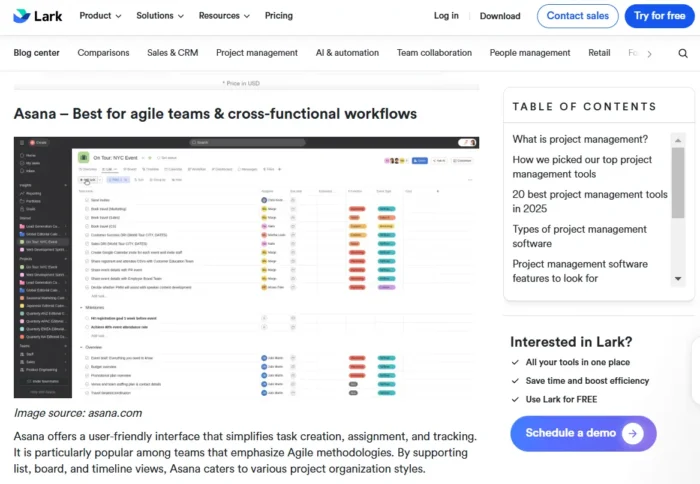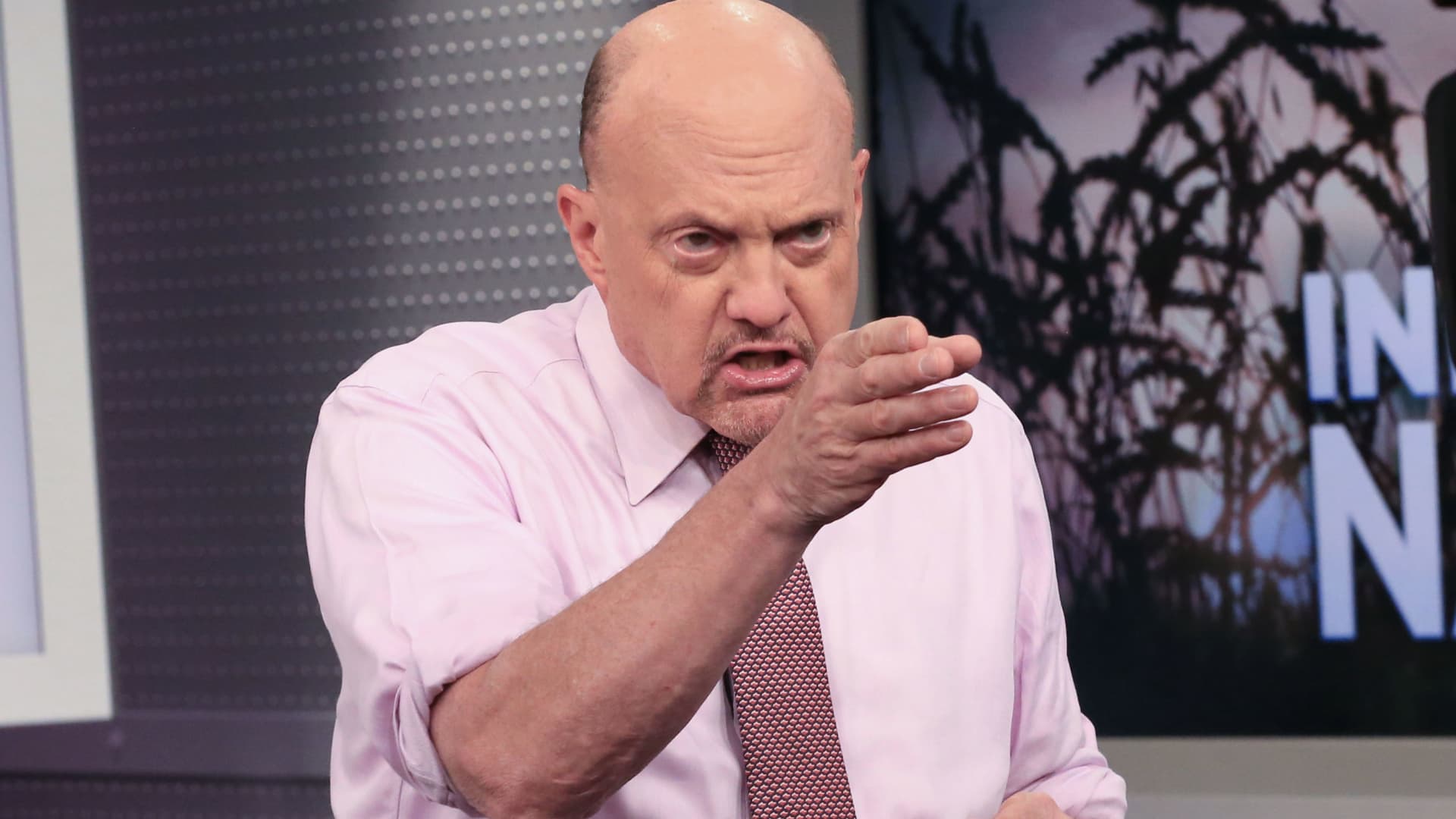Tombras takes new approach to diversity with University of Tennessee ad school
Q&A with Dooley Tombras on why this could be a model for agencies and schools in other markets.

Knoxville, Tennessee-based Tombras Advertising last week took the wraps off Tombras School of Advertising and Public Relations at the University of Tennessee. But the agency says this is more than just an ad school named after a prominent local agency: The aim is to increase diversity in the overall industry and to serve as a model for other regions.
The goal is to double the number of BIPOC graduates that enter the industry from the University of Tennessee during the first four years of the program. Only 19% of students now identify as non-white, according to the school’s website. The program will include a professorship named after Tombras' founder, Charles Tombras Sr., that provides for a faculty member to actively recruit students from the 38 “flagship” high schools identified by the Tennessee Promise, a government scholarship program available to qualifying students. The professor will educate students about the ad industry and encourage them to apply for the scholarship.
Other initiatives include summer and graduate fellowships, an option for faculty to spend part of their summer as professors-in-residence to work with and learn from Tombras agency professionals, and a Tombras school "signing day" hosted for incoming students from the flagship high schools, where they will sign a letter of intent and receive additional scholarship funds similar to how that is done with college athletes.
Nominate a barrier-breaking female marketing executive at AdAge.com/LeadingWomenAwards.
Ad Age spoke to the agency's president, Dooley Tombras, about the inspiration behind the school and what he hopes it accomplishes for the industry. The conversation is lightly edited for length and clarity.
How did this idea come about?
We've hired so many people from the university that there's been an unofficial partnership for a long time; a lot of employees have been adjunct professors there and we've had an intern program where we've gotten tremendous talent out of the University of Tennessee. A big group from the university came over to our office probably about 12 months ago and I gave them a tour of the shop and they saw what was going on and I think they were blown away.
They knew that Tombras was doing some great work but I don't think the university realized sort of the scale of our national operation here. [Editors note: Tombras has more than 400 employees with offices in New York City, Atlanta, Georgia, Charlotte North Carolina and Washington D.C]. They were surprised when I told them sincerely that Tombras wouldn't exist without the University of Tennessee. And I told them not with any great intention behind it that we'd like to have a deeper partnership.
I didn't have a specific vision at that point. And then they went off and were like ‘We need to do something really big here,’ and they approached me several months later. I said, ‘We can do this, but I would like to take a new slant that nobody's ever really done before. Let's make this thing not about memorializing the past, but innovating and looking to the future. Let's make this thing really about helping solve the root DE&I problem in the industry.'
Why is it important to have this program?
This is not just a University of Tennessee or Knoxville problem. This is a problem for the whole advertising industry. For a lot of great diverse talent, advertising is not on their radar early enough when they're at the high school level, entering college. One of the initiatives is the Tombras professorship. Part of what that professor is going to do is go around the state and develop a deeper partnership with the 38 flagship inner-city schools, develop partnerships with the teachers and principals, go there once a year, have lunches and basically get advertising as a career specifically on the radar of all this diverse talent when they're in high school—not even senior year, hopefully earlier than that.
Read Ad Age's latest news on diversity, equity and inclusion.
There’s going to be a real flywheel effect to this, where the first students will come in in 2023. If you're in high school, if you're a graduating senior, you still know a lot of juniors and sophomores, and everybody sees what everybody's doing on Instagram and TikTok, so it’s not just going to be the constant reeducation from the professor going around the state every year to these flagship schools. I think there's going to be a lot of positive buzz and word-of-mouth with the students when they go back home with their friends.
How involved will the agency be in the school?
There are a lot of things you can study—like engineering—in which things change at the speed of a glacier and what you learn in college is pretty much going to apply later when you go get a job at Boeing. Whereas in advertising what's in the textbooks is already like five years old. A lot of what students learn at many of the advertising programs are sort of obsolete by the time you graduate and the vision for the school is we're going to have a deeper partnership with even more people from the agency teaching as adjunct instructors over there. We're going to be updating the curriculum in real-time. It's not just learning from Tombras. We’ll be getting a lot of the biggest brands in America and tech platforms to come and speak there, so that these are going to be the best trained, best-equipped graduates in the country to hit the ground running.
I think this is going to honestly change the status quo for the entire industry over time. A lot of agencies have tried to do the right thing, but they've tried to do the right thing by doubling down on hiring. I think everybody has good intentions, but you just get into this merry-go-round of everybody poaching everybody's talent. A few people have tried to do more, cast a wider net and hire from outside the industry, but I think what's so exciting is we're actually going to get more diverse talent into the industry at scale through this program.
Beyond the industry how do you see this helping your own agency's diversity efforts?
That's not why we did it. We did this thing to give back to the university and to make a big move, to help the industry but there's no doubt that Tombras is going to benefit from that too. We’re likely going to get even more interns and even more entry-level hires and they're going to be even better trained and it's absolutely going to boost our diversity initiatives. DE&I has been a massive focus here, a multi-year focus. I think unlike a lot of agencies we've been focused on doing it top-down. We're committed to having 13% BIPOC leadership by the end of next year. We're about halfway there right now and we're already over 50% female, senior leadership.

 FrankLin
FrankLin 































